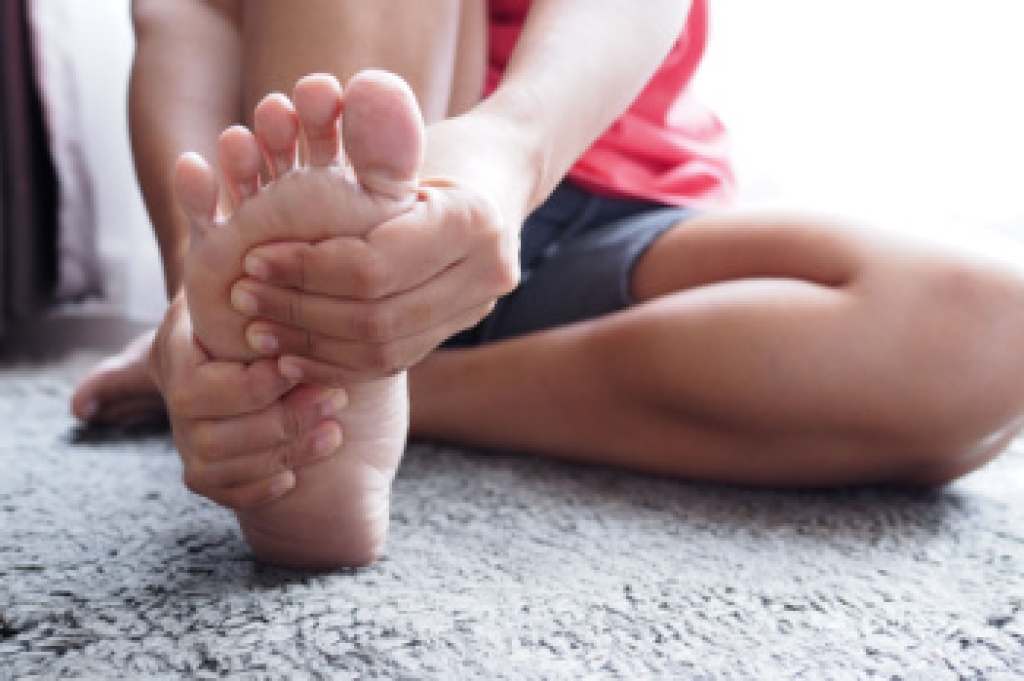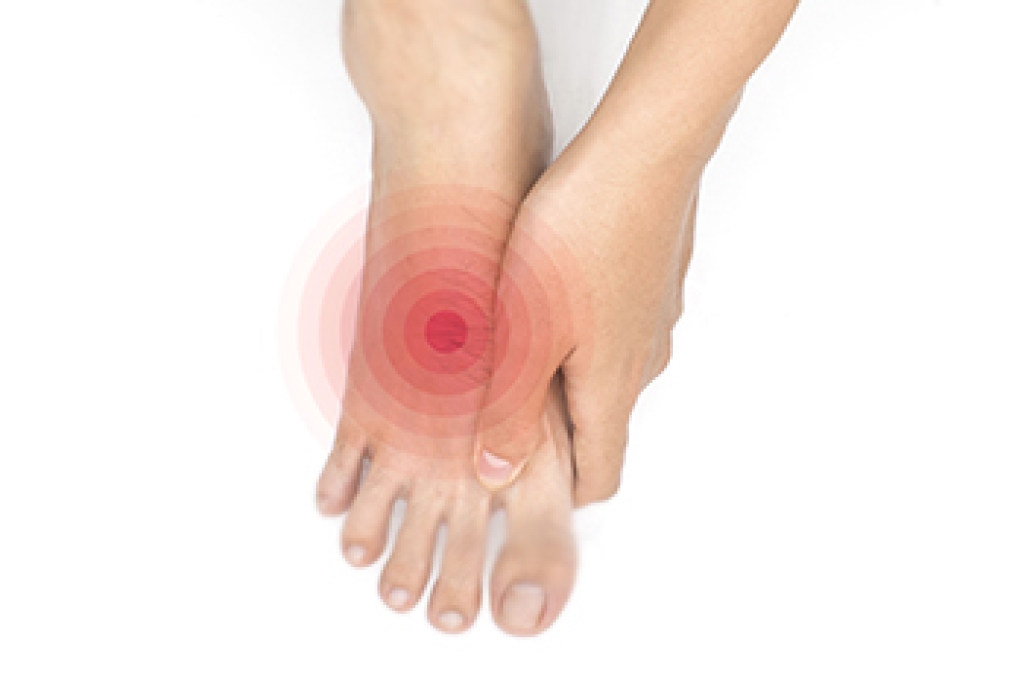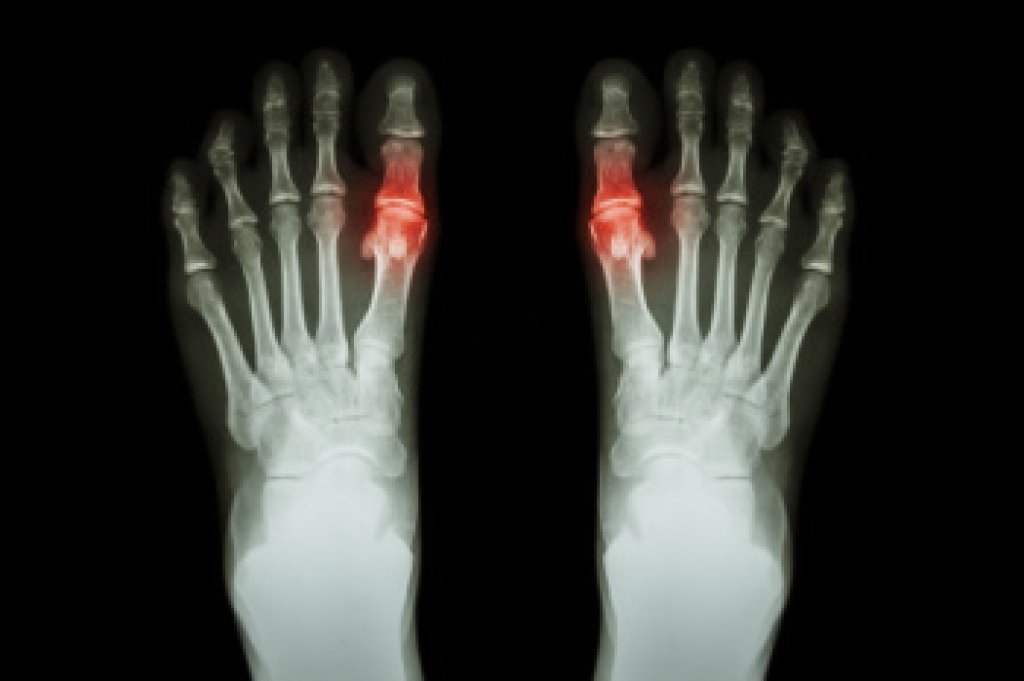
Arthritis is a common cause of walking problems in middle and older aged adults. It often affects the joints in the hips, knees, ankles, and feet, causing pain, stiffness, and swelling. These symptoms can make it harder to walk comfortably or for long periods of time. Some people with arthritis may also feel unsteady on their feet, increasing the risk of falls. Foot conditions such as bunions, hammertoes, and joint deformities often develop alongside arthritis and can make walking even more difficult. Wearing supportive shoes and custom orthotics can reduce pain and improve balance. Targeted stretching and gentle exercises can also strengthen muscles and support joint health. If arthritis is making walking a challenge, it is suggested that you schedule an appointment with a podiatrist who can offer treatments to relieve discomfort and help you stay active.
Arthritis can be a difficult condition to live with. If you are seeking treatment, contact Dr. Castillo from Bronx Foot Care. Our doctor can provide the care you need to keep you pain-free and on your feet.
Arthritic Foot Care
Arthritis is a joint disorder that involves the inflammation of different joints in your body, such as those in your feet. Arthritis is often caused by a degenerative joint disease and causes mild to severe pain in all affected areas. In addition to this, swelling and stiffness in the affected joints can also be a common symptom of arthritis.
In many cases, wearing ill-fitting shoes can worsen the effects and pain of arthritis. Wearing shoes that have a lower heel and extra room can help your feet feel more comfortable. In cases of rheumatoid arthritis, the arch in your foot may become problematic. Buying shoes with proper arch support that contour to your feet can help immensely.
Alleviating Arthritic Pain
- Exercises that stretch the foot can prevent further pain and injury and increase mobility
- Most of the pain can be alleviated with anti-inflammatory drugs, heat, and topical medications
- Massages can help temporarily alleviate pain.
It is best to see your doctor for the treatment that is right for your needs and symptoms. Conditions vary, and a podiatrist can help you determine the right method of care for your feet.
If you have any questions, please feel free to contact our offices located in Bronx, NY Yonkers, NY . We offer the newest diagnostic tools and technology to treat your foot and ankle needs.




